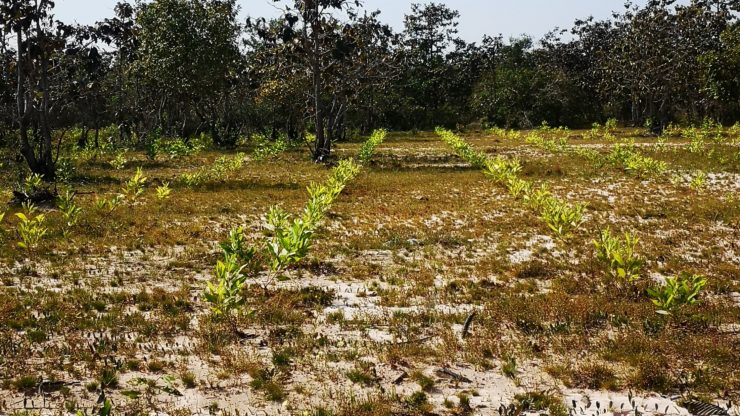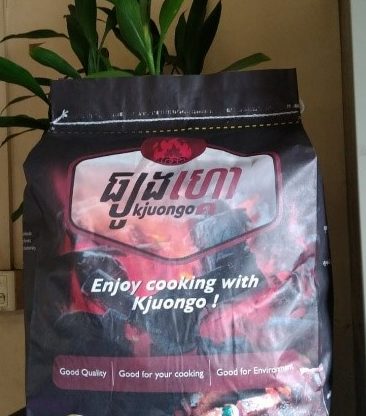There is nothing like a good barbecue, is there? If you think so, you’re not the only one. In fact charcoal is a major cooking fuel throughout the world and is threatening pristine rainforest in many countries.
Unfortunately it is another fact, that we will not be able to replace charcoal with emission free cooking – like electric cooking based on 100% renewables – any time soon.
Based on this, Nordic Climate Facility has decided to fund a ‘sustainable charcoal’ project in Cambodia.
As a biofuel, charcoal can be manufactured sustainably if its wood basis is sourced in a sustainably managed forest.
Preventing rainforest clearing
Sustainable charcoal is comparable to the cosy wood stove you enjoy in winter or the switch to wood pellets that has happened on a large scale in our power plants in recent years.
The project is called KjuonGo and was started in September 2019. In December, the first sustainable charcoal was delivered to the distribution centre. It is now being packaged and is underway to the supermarkets. One of the first bags is pictured here.
As a special feature, KjuonGo is using a smartphone based app, developed with a grant from UNDP, that tracks the wood from the community forest to the end consumer. In that way, there is certainty that the charcoal has not contributed to the clearing of rainforest – on the contrary, it has helped prevent it.
Creating a viable alternative
UNEP Copenhagen Climate Centre now collaborates with GERES and Khmer Green Charcoal in Cambodia to establish and scale up the KjuonGo project from 2019 to 2021 with a grant of 500,000 EUR from Nordic Climate Facility.
The project incorporates community owned degraded forest land for planting acacia and other local species with the purpose of producing wood for charring. It generates income for the communities and it replaces the illegally logged wood from the rain forest. With efficient management and not least distribution and sales, the sustainable charcoal can compete against the illegal alternative.

